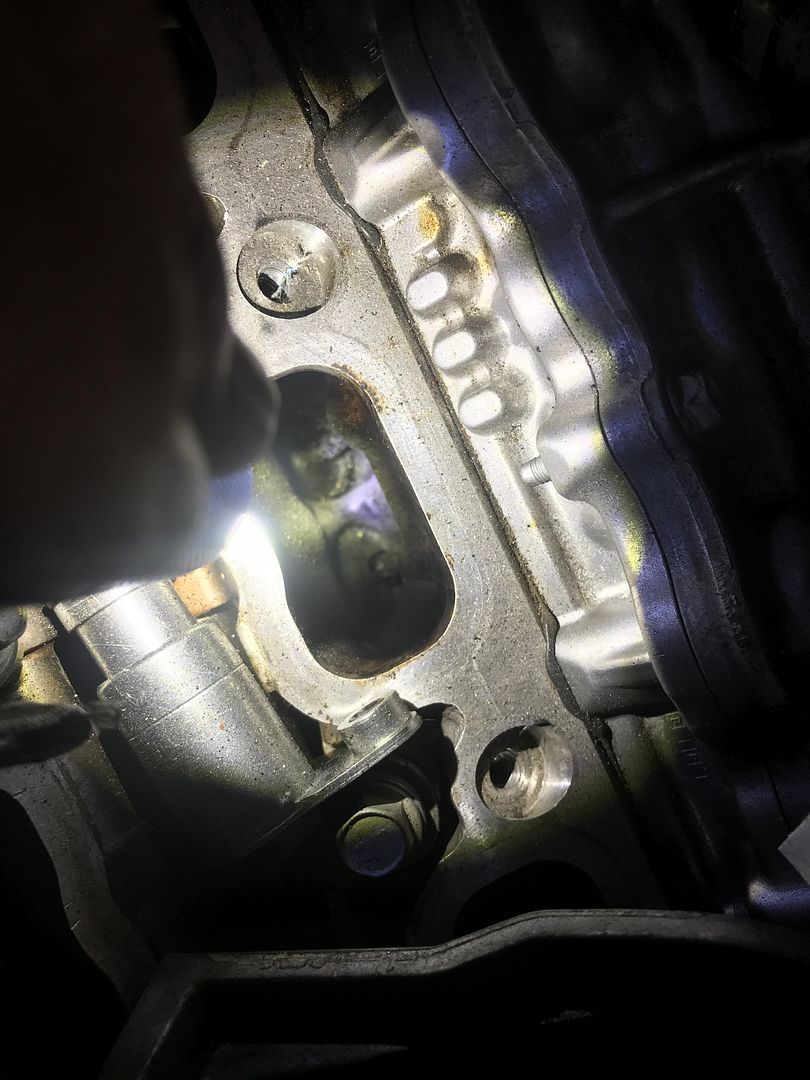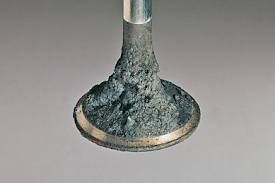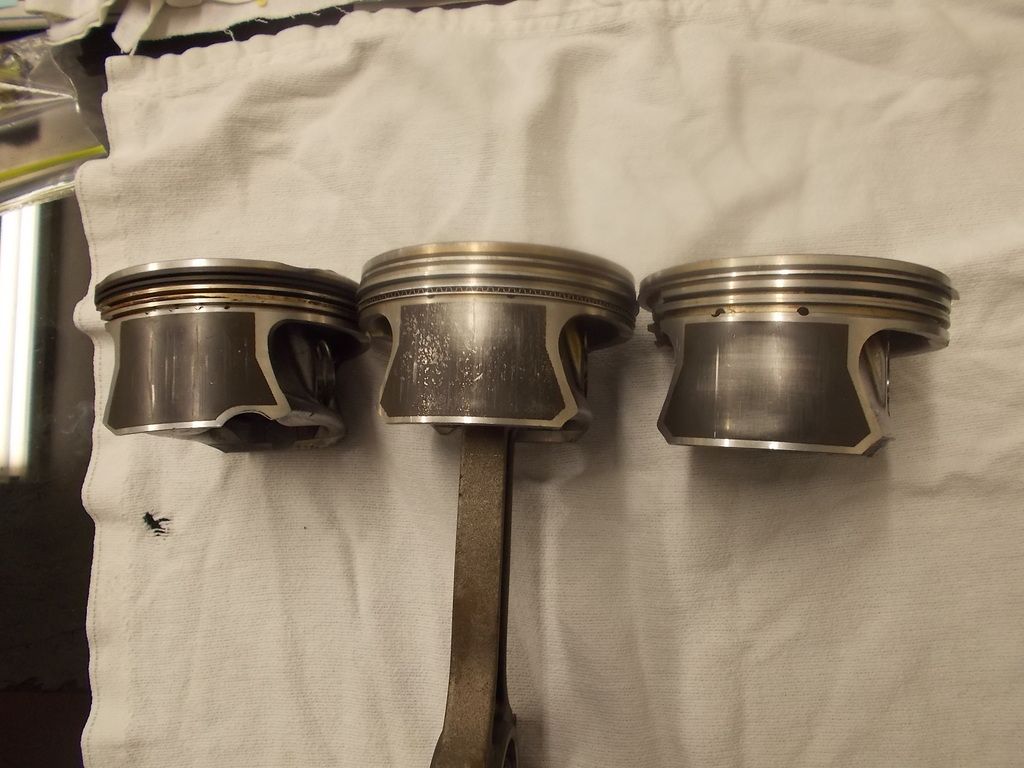 08-18-2020, 11:01 AM
08-18-2020, 11:01 AM
|
#4
|

Drives: 2010 Camaro
Join Date: Nov 2009
Location: Denver
Posts: 1,382
|
The use of any solvent based engine running cleaning while perfectly safe for the old carbureted and port injection engines, it is NOT safe for ANY GDI engine no matter what brand you would use, and here is why:
The carbon that accumulated on the piston tops and combustion chambers was a "soft" carbon. Soft and powdery and could easily be loosened and cleaned with these. BUT, a GDI engine no fuel touches the valves to keep them cool and clean, and the deposits bake into a very hard and abrasive (sand like) crystalline structure. So here is where the damage we see occurs. First, if you read the advertisement disclaimers on their websites it states it cleans "up to 40%" of the deposits....you want all of these cleaned from the valves. And while most is expelled harmlessly out the exhaust (except the damage to catalytic converters). BUT the smaller pieces can and do get pushed between the pistons and cylinder walls creating scouring:
Here is a picture of a LGX, the latest GM GDI V6 to show the severity of coking:

Below shows how hard these bake into if you look close:

And here shows the damage this causes to the pistons and rings. And even the cylinder walls can scour as well:

Will this "destroy" your engine? Absolutely not. The damage will increase blow-by and oil consumption and every time this is done, it will cause more scouring. There is no way around it as these are the engines we now have to deal with.
So be cautious. This is pushed all over due to the high profit margins, but ONLY a manual intake valve cleaning is safe, and one only need remove the intake manifold to reach the intake valves and clean them properly. There are videos on you tube to show the right ways, and wrong ways.
Cheers!!
|

|

|